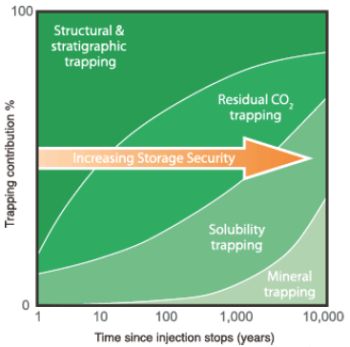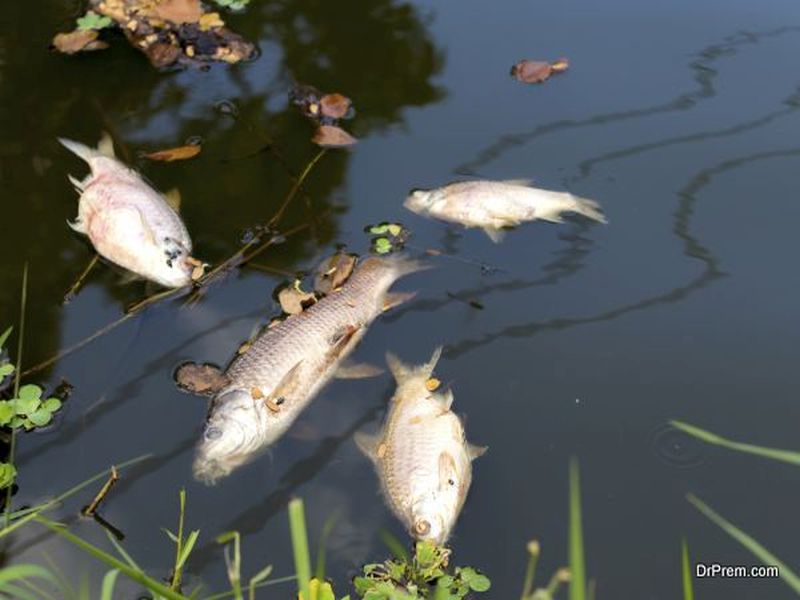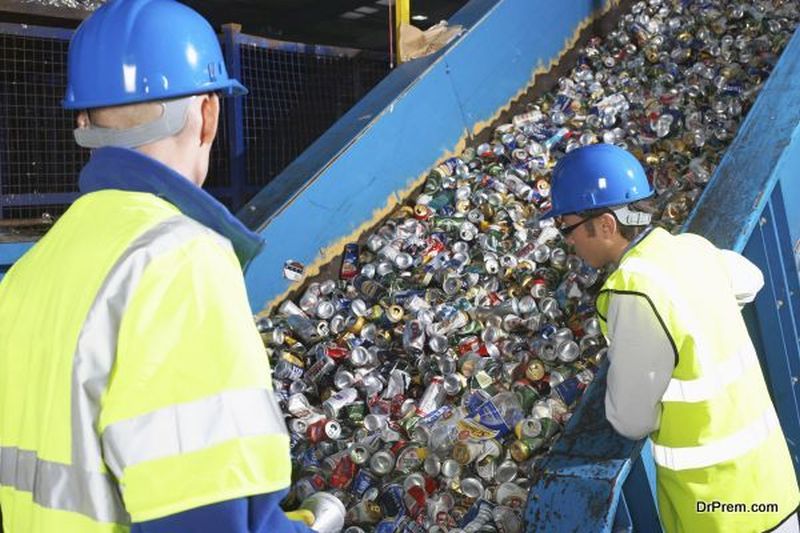When we look at Japan we see two sides of it. The first side shows the sonic-paced life of Tokyo and a country that’s amongst the first that are stepping into hypermodernity. The second side shows a country that still follows old traditions and discipline. When it comes to sustainability, modern Japan seems to ignore it, and the traditional side seems to embrace it. However, this is not so. Even the movements like minimalism that are most conducive to sustainability and longevity had their roots in Japan. Just like the millennials worldwide, living an eco-friendly life is a priority amongst the Japanese millennials. Nevertheless, mere intention doesn’t make one eco-friendly. So, let us study both the sides of the problem and see if Japan is really an eco-friendly country or not.
Is Japan really an eco-friendly country
The economic prosperity of Japan did not come without a price to pay. The atmosphere of Japan, especially in the urban areas, was polluted due to industrial pollutants. The country was fourth on the list of nations, which were most polluted but was able to reduce the pollution levels to an acceptable level, though along the way it had to pay compensation to a lot of people suffering from respiratory diseases caused due to pollution. The water of Japan is also polluted by industrial and residential chemical waste. The good news is, that reforestation has led to reduced soil erosion and runoff. Let’s take a closer look whether Japan is truly an eco-friendly country now:
Japan’s fight against pollution
 The air, water, and soil were all affected in an adverse way by the industrial revolution of the country. The government of Japan imposed stringent laws for automobile emissions, which improved the outdoor air quality to a great extent.
The air, water, and soil were all affected in an adverse way by the industrial revolution of the country. The government of Japan imposed stringent laws for automobile emissions, which improved the outdoor air quality to a great extent.
The water pollution of Japan is still a concern, as there is widespread pollution of rivers and lakes caused by industrial pollutants. The high acid levels in the water have left very little potable water in the country. DDT, BMC, mercury pollute the waterways of Japan.
On the other hand, it is seriously trying to recycle and reuse water, especially in the cities, thus conserving drinking water.
Japan has also tried to reduce noise pollution with the help of a law passed in 1968. Aeroplanes cannot be land or take off after 10 pm at night, and Shinkansen trains have to cut down their speed while going through towns and suburbs.
Japan has traditionally been a whaling country, fought IWC’s call for a phaseout of commercial whaling, but ultimately gave in to the pressure exerted by partner nations, and finally complied with the ban on commercial whaling.
Japan’s effort to conserve forests
Japan’s forests, which have a critical role in preventing soil erosion and runoff, is protected by the Nature Conservation Law passed in 1972. Many large forest areas have been reforested, but not before some of the nation’s bird and animal species became extinct. And 33 species of birds and 29 animal species are still endangered, which means the government has to step up the nature conservation efforts.
Waste management
Japan constitutes of four major islands and many thousands of small islands off the Pacific Coast. The land challenged country has most of its population situated in the cities, such as Tokyo which is the world’s largest urban center. 36 million people call it their home and also contribute to a major factor which is, waste. All modern cities produce a lot of waste, and Japan’s cities are no exception. In Japan, waste is a major cause of concern, as it has very little space. Earlier, Japanese municipalities used to burn waste, but this led to air pollution due to which the practice was stopped.
Is recycling the answer
The Japanese government has tried to cope with the problem of waste by implementing an aggressive recycling policy. The country managed to get air, water and waste pollution under control, to the point that it has now one of the cleanest urban air in the world.
The shift to bioplastics
 Authorities and businesses have adopted bioplastics to make garbage bags, shopping bags and product containers to improve their eco-friendliness. Consumers who are environmentally conscious have also cooperated, reducing the impact on the environment. Big departmental stores also donate the money to charities working for environmental activities.
Authorities and businesses have adopted bioplastics to make garbage bags, shopping bags and product containers to improve their eco-friendliness. Consumers who are environmentally conscious have also cooperated, reducing the impact on the environment. Big departmental stores also donate the money to charities working for environmental activities.
Cosmetic companies have also started using bioplastics for shampoo containers and so on. The change in packaging has been appreciated by their customers.
The major change which would make a difference to Kyoto, and hopefully other cities of Japan in the future, is to use bioplastic garbage bags.
Switch to Eco-friendly vehicles
Japan does not seem to lag behind in taking a constructive initiative to fight global warming. Moreover, it is also aware of the soaring oil prices. Banking on their home-made technology, it requires that all road vehicles be able to run on an eco-friendly technology. Right now their plan is to run their vehicles on a mix of ethanol and regular gasoline by 2030, according to an official.
According to the new policy, the Environment Ministry adopted this month; all new cars are to be able to run on a blend of 10 percent ethanol and 90 percent gasoline. The costs and its implementation are still under study. Apart from this, even Japanese railways is focusing on renewable energy.
Reducing Emissions

Japan does not seem to leave any effort to cut greenhouse gas emissions. Innovatively, it has planned to set up facilities for capturing and storing carbon dioxide underground. Japan’s Ministry of Economy, Trade and Industry has planned this facility for both Japan and abroad.
With the use of this facility, Japan targets a reduction in carbon dioxide emission within the nation, both from its factories and power plants by 200 million tons each year! Moreover, they are even coming up with zero emission houses. The half of the emissions is to be disposed-off in Japan, with the other half abroad, according to the ministry.
The unfortunate Fukushima disaster
 The Fukushima disaster was a shock to the entire world. It had a severe impact on the residents and environment of Japan. The disaster polluted the waters of the Pacific Ocean with the radioactive water. This caused untold damage to the marine environment.
The Fukushima disaster was a shock to the entire world. It had a severe impact on the residents and environment of Japan. The disaster polluted the waters of the Pacific Ocean with the radioactive water. This caused untold damage to the marine environment.
Through several measures, Japan has become much more eco-friendly than it was. It continues to incorporate more rules and laws to become greener. Therefore, it seems that Japan can indeed be called an eco-friendly country as of now.





